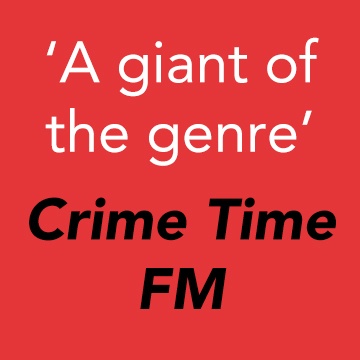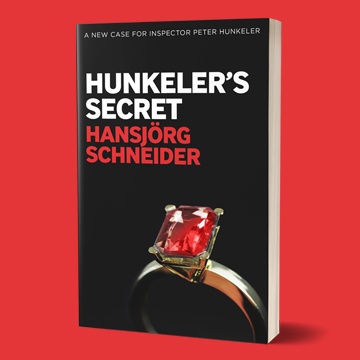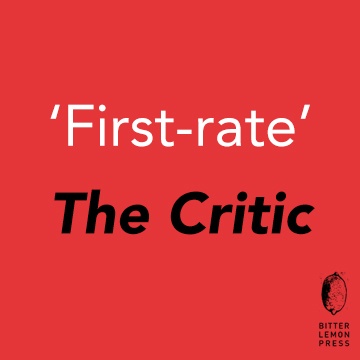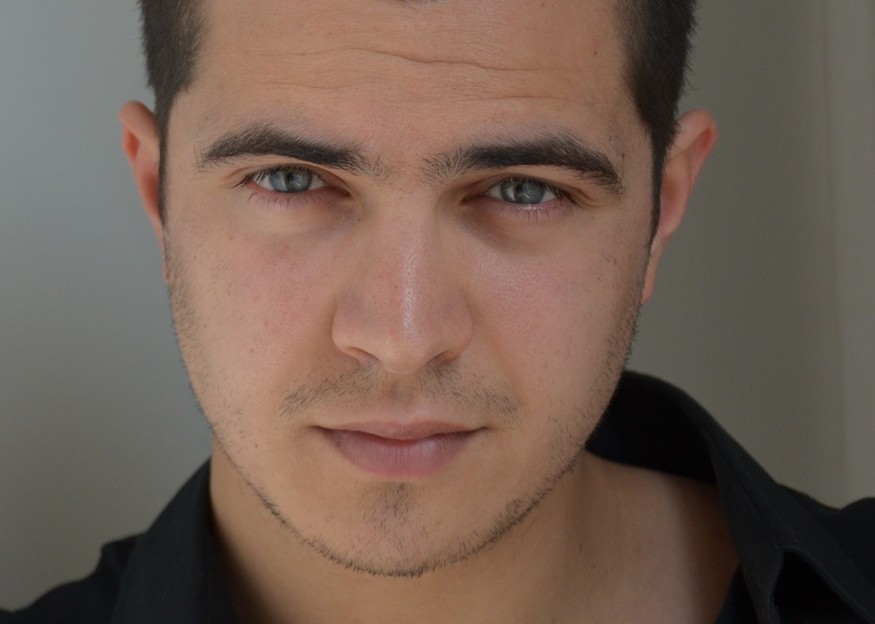

At the ripe old age of 27, Jérémie Guez already has four novels under his belt, two of which have received prestigious crime fiction awards in his native France. His gritty portrayals of the underbelly of multi-ethnic Paris have been much admired. He has also worked as a screenwriter for the 2014 biopic of Yves Saint Laurent.
The first of his novels to be translated into English is Eyes Full of Empty. It’s is a classic noir with modern twist, telling the story of Idir, the son of an Algerian immigrant made good, whose middle-class upbringing has not been enough to prevent him from going to prison for some youthful misdemeanours. He now does small-scale investigations and borderline intimidation rackets for those rich enough to not get their hands dirty, but his latest case plunges him into a treacherous world of lies, corruption and unpleasant memories.
The book is published this month, so watch for our review. Before that, we decided to catch up with this rising star of the French polar and introduce him to the English-speaking public.
Anyone reading your novel Eyes Full of Empty will want to know: how much of it is based on personal experience and how much of it is made up?
Everything is made up! But the city and the characters are kind of familiar… Let’s just say I made everything up based on people I know. I’m always trying to push personal things to the limit in my books. That’s something you can do with fiction because everything is bigger. It’s just a big lie, with a little kernel of truth inside.
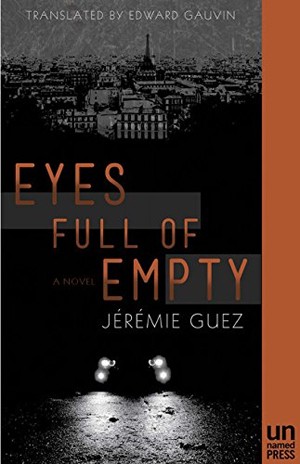
It seems there’s more honour among the petty thieves and criminals in the story, and that the really dangerous ones slip behind behind a bourgeois facade. Did you intend to write a social commentary alongside Idir’s story?
It’s never my deliberate intention, but when your characters come from different social layers, you have to deal with social commentary of some form. There is a natural solidarity among those who have nothing. One or two of the characters in the book have a code of honour. The rest of them are just rats, living in a fucked up society. They’re greedy; they’re cowardly – that’s why they are so dangerous. They have a lot of things to lose.
Your first three novels fit so well in the noir tradition. What kind of books do you enjoy reading or type of films do you enjoy watching?
I love genre fiction – preferably everything noir. That’s how it started as a reader. Pulp fiction were the first books I had access to. There is a reason for that: it’s the kind of book anybody can read. The main character can be just about anything – a construction worker or university lecturer… It is about making the wrong choices, about destruction. Everybody expects that, so there is a general sympathy for the characters and a proximity to the story.
You achieved success in France at a very early age. How did that feel? Was there any additional pressure on you to live up to expectations in the next novels?
I feel blessed. I’ve been very lucky. So I’m enjoying every single moment, because it can end tomorrow. I haven’t felt any additional pressure, so far!
Do you think there is a difference between the way crime fiction is written and consumed in France compared to the UK or America?
I’m not a specialist but I’d say that in France we’re very much inspired by American authors – especially my generation. We grew up with iconic US crime writers and we tried to develop our own voice based on that influence. French crime fiction used to be very social, even political. But you’re more socially accurate when you stick to the story and the characters. When the author’s voice becomes too loud, when you try to deliver a political message, you’re not writing fiction anymore. It used to be a bit of a problem in France.
Consumption? I’m not sure. I’d say that the American authors we admire are maybe not exactly the ones the English speakers read. And we keep buying hardcover books rather than reading digitally.
What are you working on now?
A few things… But I’m really superstitious so I can’t talk about it!
For more French crime fiction click here.








